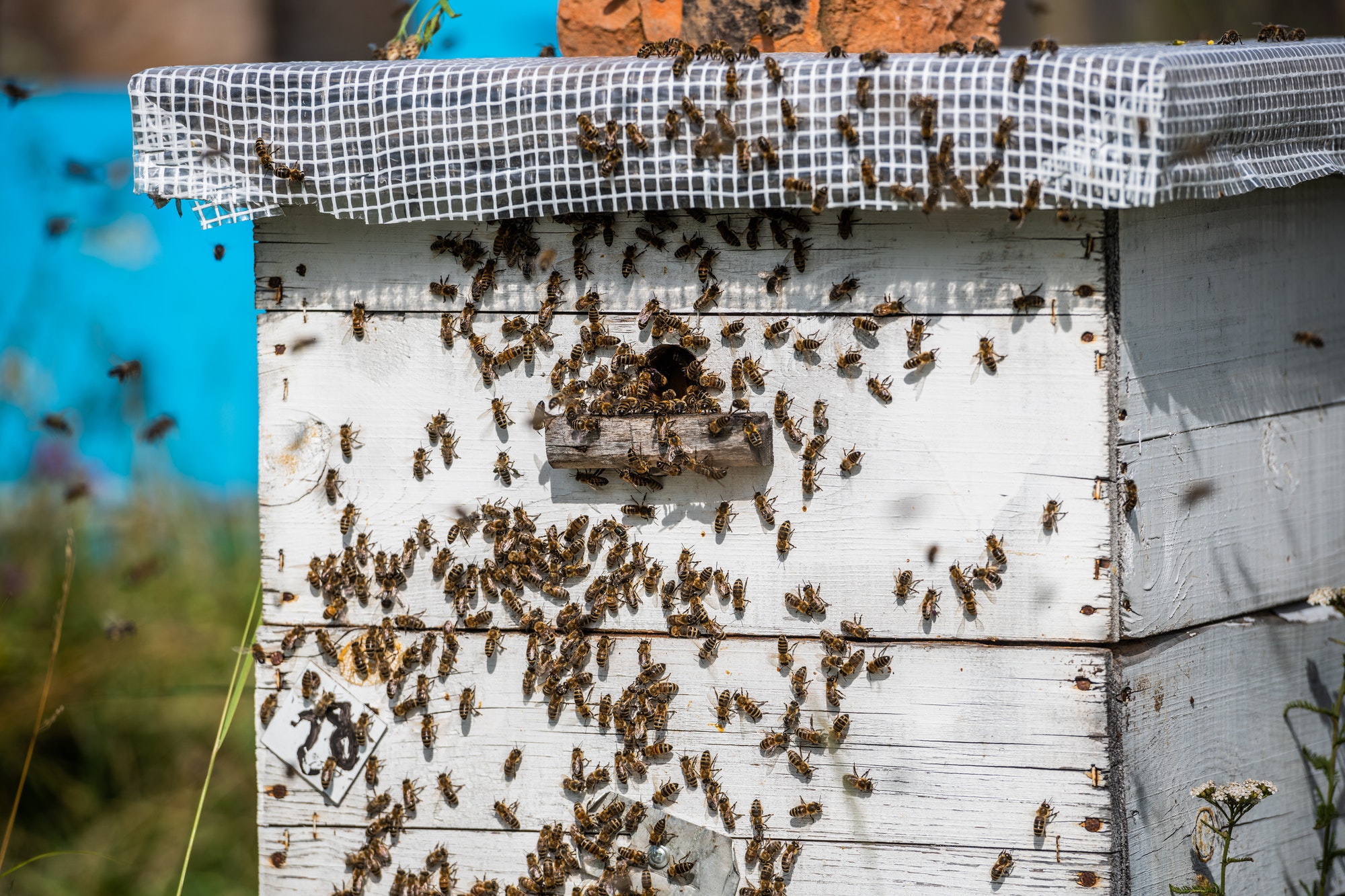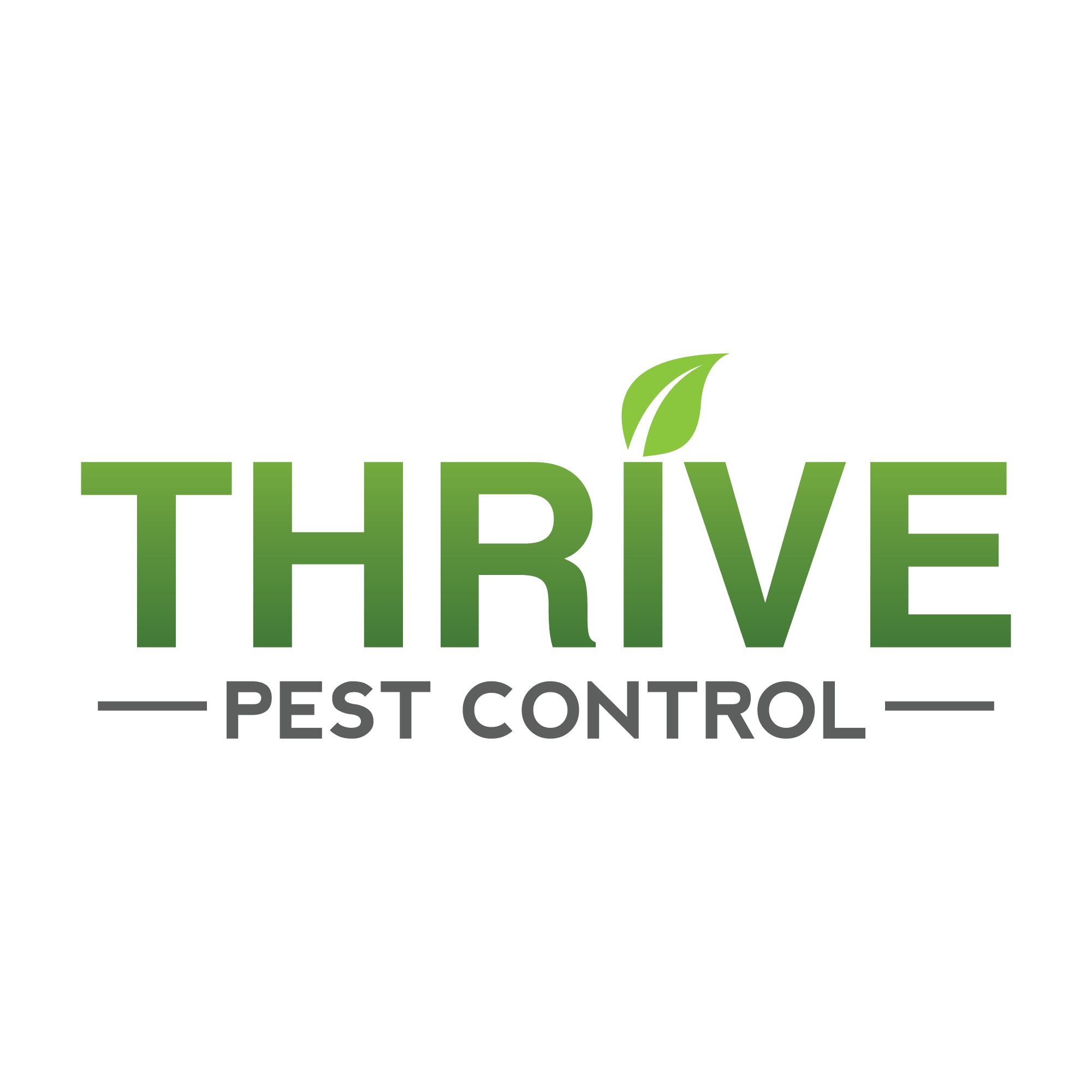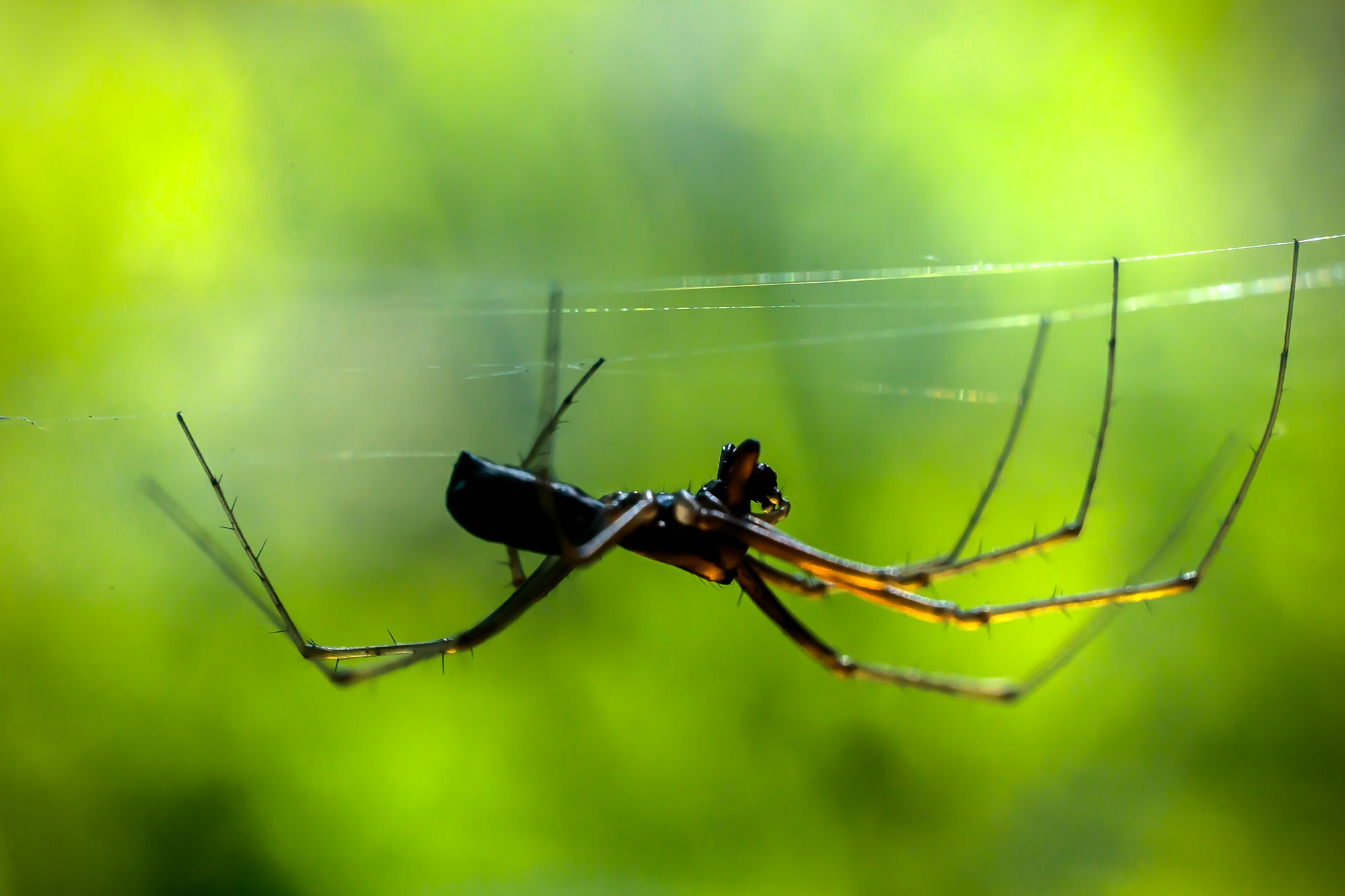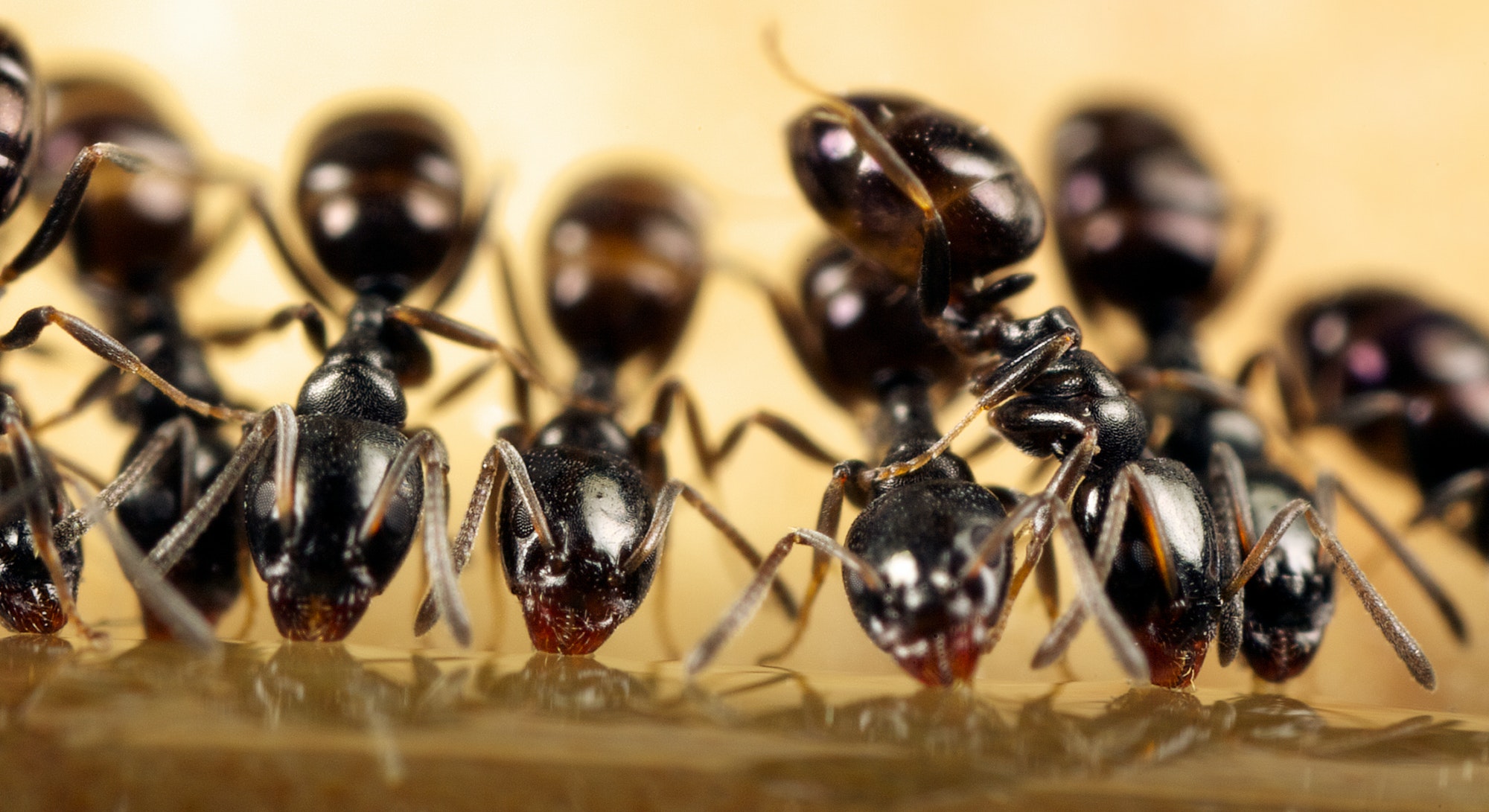Why Bees Are Important For The Ecosystem?
As the old saying goes, it takes wind, rainwater, sunshine, and love to make a plant grow. However, this is not completely true, as it leaves out one important contributor to the growth and success of a plant: bees. In the simplest of terms, we need bees. For our crops, for the growth and sustenance of our ecosystem, and for the survival of mankind.
We more often than not take them and other pollinators like butterflies and hoverflies for granted. However, these pollinators are vital to stable, healthy food supplies and the key to the varied, colorful, and nutritious diets we need.
Bees are perfectly adapted to pollinate, helping plants grow, breed, and produce food. They do so by transferring pollen between flowering plants and therefore keeping the cycle of life turning. To germinate, these plants require the transfer of pollen from the male part of the flower (the anther) to the female part (the stigma).
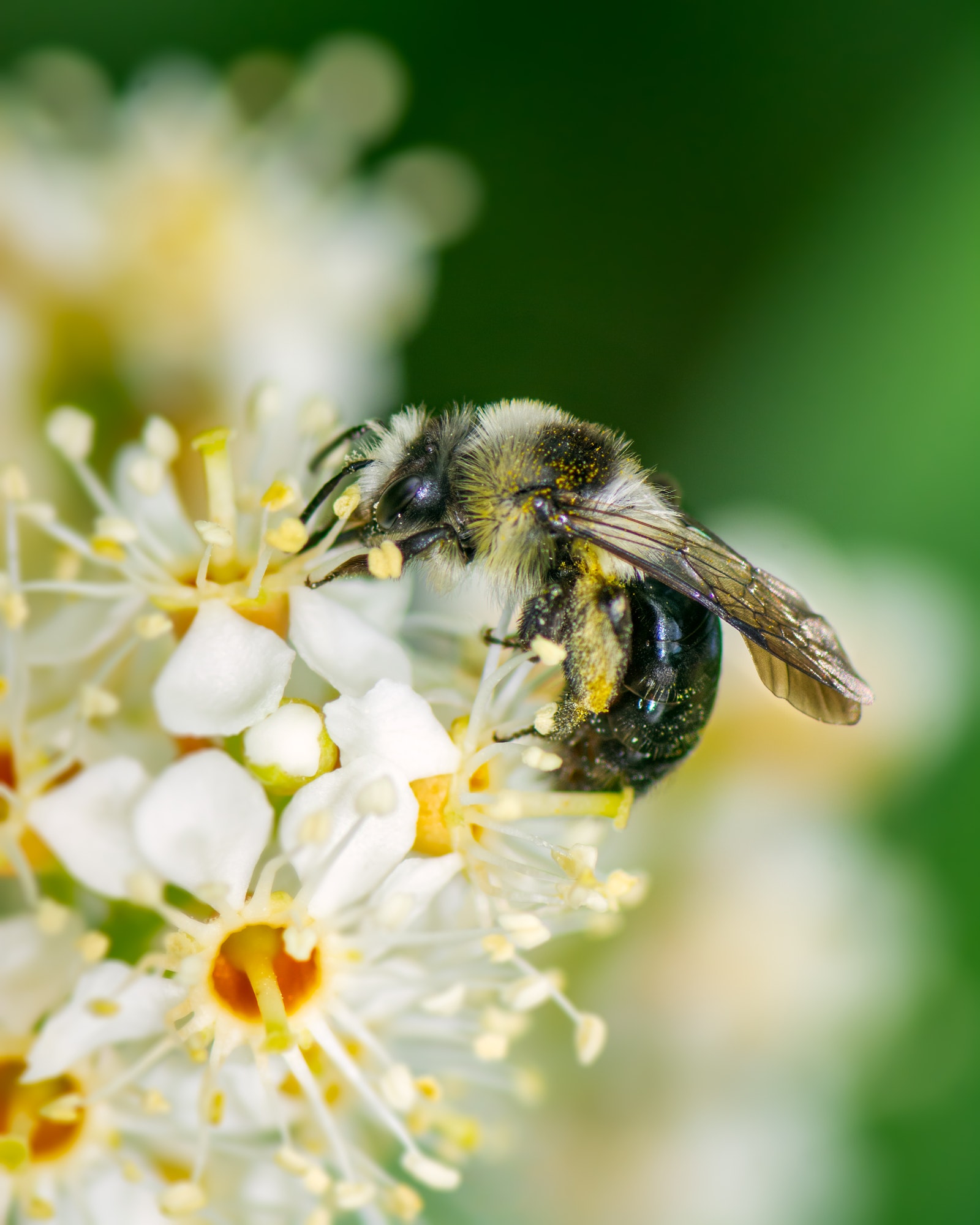
As bees move from flower to flower in search of nectar, they leave behind grains of pollen on the sticky surface, allowing plants to grow and produce food. Because of this, bees earn their reputation as busy workers by pollinating billions of plants each year, including millions of agricultural crops.
In fact, pollinators like bees play a key role in one out of every three bites of food we eat. According to The Intergovernmental Science-Policy Platform on Biodiversity and Ecosystem Services, “More than 90% of the leading global crop types are visited by bees.”
A small sampling of the crops directly affected by bees include avocados, almonds, apples, blueberries, cucumbers, kiwis, and peaches. Without them, many plants we rely on for food would die off.
Honeybees are the most successful pollinators in the world, proven through the first quantitative analysis of its kind, led by biologists at the University of California San Diego. The report details information from 80 plant-pollinator interaction networks with results indicating the Apis mellifera, also known as the honeybee, is the single most frequent visitor to flowers of naturally occurring non-crop plants worldwide. Honeybees were recorded in 89 percent of the pollination networks in the honeybee’s native range and in 61 percent in regions where honeybees have been introduced by humans.
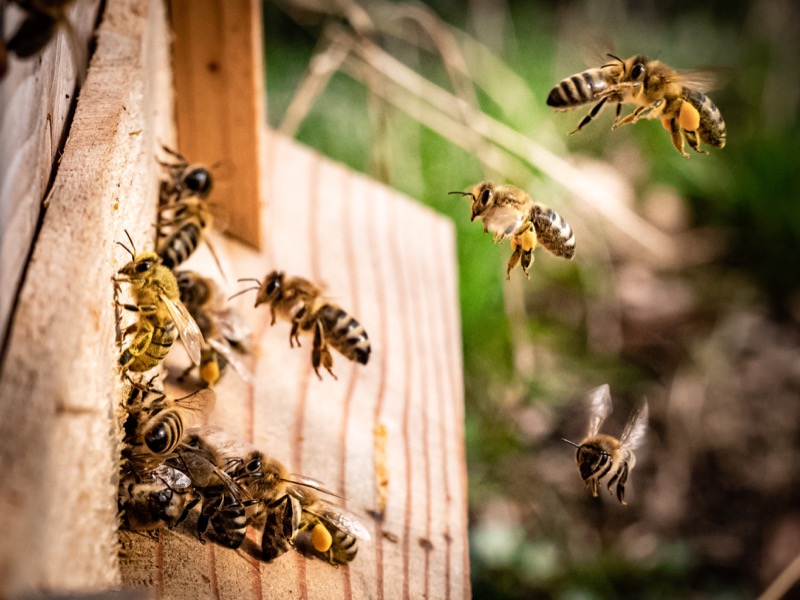
However, due to factors such as habitat loss, climate change, and the use of pesticides containing neonicotinoids, bee populations have drastically declined, causing the cry to save the bees to be heard across the world. While many people may think they realize saving the bees is important, they may not understand how important it is to save our striped, flying friends.
According to The Intergovernmental Science-Policy Platform on Biodiversity and Ecosystem Services, “Loss of pollinators could lead to lower availability of crops and wild plants that provide essential micro-nutrients for human diets, impacting health and nutritional security and risking increased numbers of people suffering from vitamin A, iron and folate deficiency.”
If we lose bees, we may lose all the plants that bees pollinate along with all of the animals that eat those plants. With this knowledge, a world with bees could lead to a constant struggle to sustain the global human population of 7 billion. Bees are not simply a part of our ecosystem; they are our ecosystem
